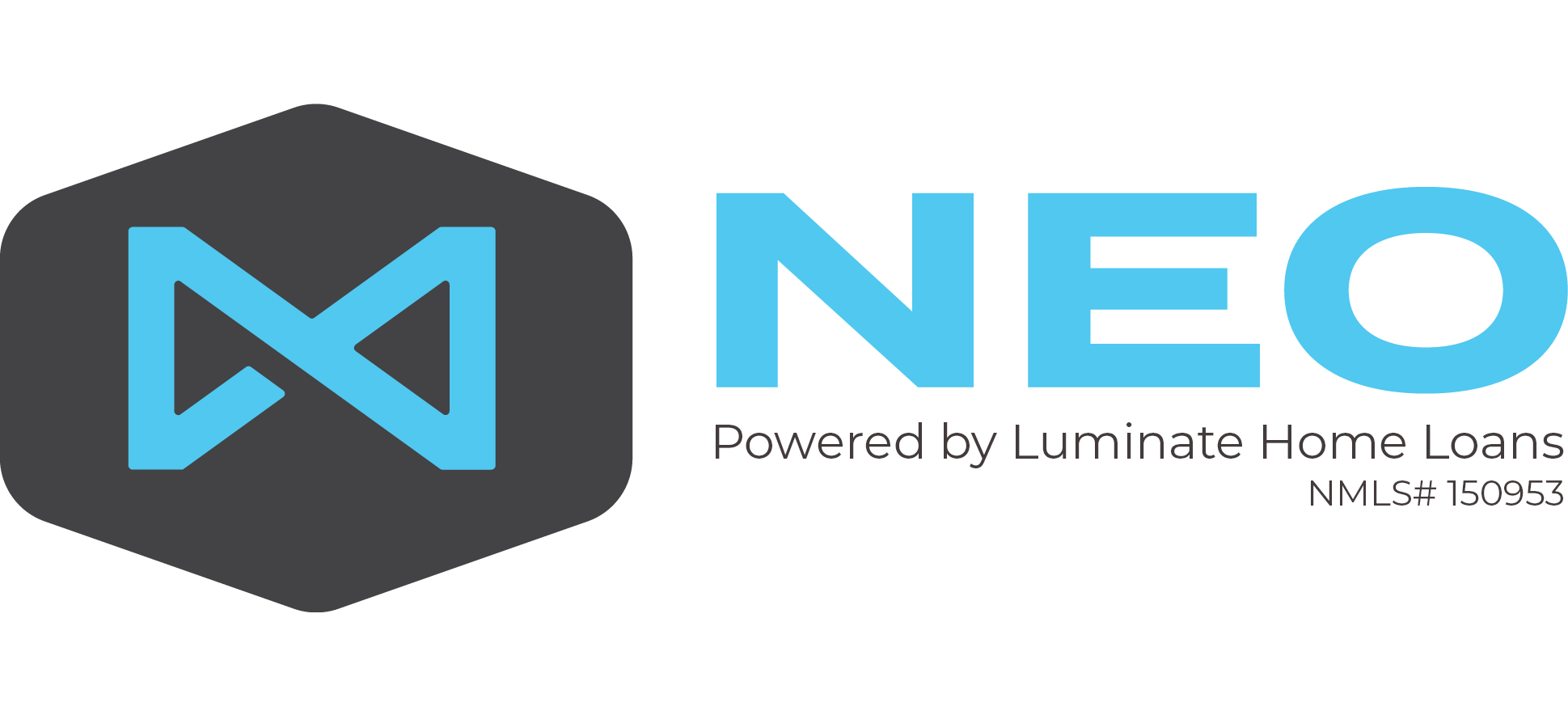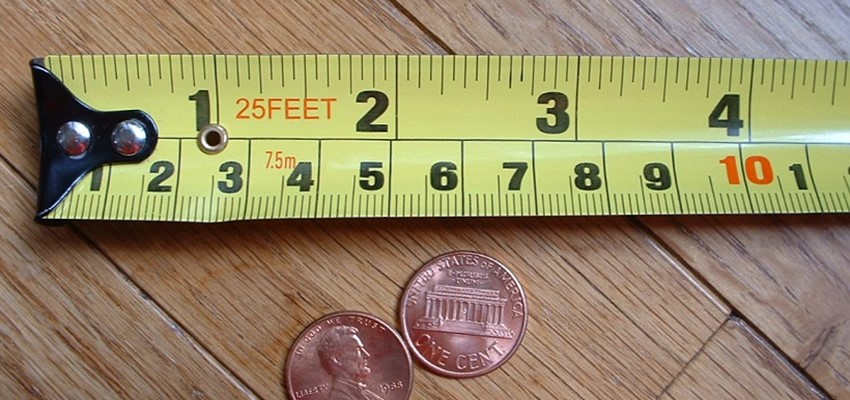I recently came across a YouTube video by Leah Coss, a mortgage Loan Officer in Vancouver. She put together a good video on how to get the best rate and what factors play into determining the best mortgage rate. Getting the best interest rate gets your attention.
When you listen to the radio and an ad comes on for a mortgage product what do you hear? Ok, maybe you aren’t as in tune with all the mortgage related ads you hear but I am constantly hearing about “getting the best rate” or “how low rates are” or “if your rate is higher than __% you need to refinance”. Everything we hear and see about mortgages is about getting the best or lowest rate. I am here to suggest maybe there is something else we should be considering.
Have you heard the term measure twice, cut once? That maxim applies to mortgages and not just wood working. Consider the question I often ask customers shopping for the best rate.
Which would you prefer the best rate or the right loan program?
I normally get a “huh?” type response because so often we have been trained to find the best rate. It is the natural thing to do. You are about to get a 30 year mortgage and just a slight change in rate could mean thousands of dollars over the life of your loan. Let’s take a look:
The Best Rate
What is the “best” rate? What does that really mean? Does that mean the lowest rate?
There are rates in the low 2% range as I write this. Now, that is a low rate! So, is that the best rate?
What if you were offered 5% for a rate today? (By the way, the most recent average rate according to Freddie Mac was 3.64% on May 22) Is that the best rate?
Am I confusing you? In some ways I hope I am and in another I hope I am creating questions in your head as you read this. The idea of a best mortgage rate is just simply ambiguous. What I may consider to be the best may not be the best for you. But why? Because each of our perspectives, situations, circumstances, objectives, futures, etc. are different.
Measure Twice
I’ve discussed the importance of a solid pre-approval before. I have written about it from the perspective of setting yourself apart from other buyers competing for the same home or from the perspective of having peace of mind that you can actually qualify for a mortgage before you go out shopping.
Here is another reason for getting pre-approved (whether you are purchasing or refinancing). To assess your current situation and allow you, along with your professional mortgage loan officer, to select the right mortgage loan program. Here are a few factors that should be identified during the pre-approval process:
- Credit Score
- Income
- Assets
- Payment comfort range
- Tolerance for risk
- Anticipated time you will live in the home you are financing
There may be others but this a good list to explain my point. None of these items will tell you which mortgage rate is best for you. All of these, however, will provide clues as to which mortgage product is best. Make sure you have thought through those last three. Make sure you have discussed those last three with your mortgage loan officer. The first three are related to what you might qualify for while the last three help in determining which program is best for you.
Cut Once
Once you and your loan officer have assessed your situation through the pre-approval process it is time to select the right program. Taking your qualifications and your situation we can start to identify how to best structure your mortgage for you. What’s great about a mortgage is that it is a customize-able product just for you! You can select all the criteria of your mortgage including:
- Interest Rate
- Premium Pricing
- Discount Points
- Fixed vs Adjustable Rate
- Term (30 years, 15 years, etc.)
- Mortgage Insurance (Monthly, Single, LPMI)
You get to decide, hopefully with the help of a well versed mortgage professional. All of these, I would argue, could be more important than the rate itself. Let me show you why.
Let’s say you want to buy your first home. You know that your income will be going up substantially over the next few years based on your education and the field you are working in. You also know that you will likely start a family in the next couple of years. You identify a nice 2 bedroom, 1 bath condo in downtown that is perfect for you and your spouse. Do you think this is a long-term home? Not likely, right? In this situation paying discount points is probably not a good idea. Going with a short term, say 15 years instead of 30, is probably not a good idea. Going with monthly mortgage insurance may not be your best path.
Now consider rates. What if you got a spectacular 3.00% rate on a 30 year fixed mortgage, paying 1.5% discount points and going with monthly mortgage insurance. Let’s run some quick numbers to compare the following scenarios using completely made up, hypothetical numbers (just to illustrate a point):
- Best Rate: $250,000 mortgage amount, 3.000% interest rate, 30 year fixed, 1.5% discount points, monthly mortgage insurance
- Right Program: $250,000 mortgage amount, 4.500% rate, 30 year fixed (I know ARMs scare people so we will stay with fixed), 1% premium pricing, LPMI
Best Rate over 2 years factoring in the cost of interest, discount points and mortgage insurance using estimates (720 credit score, 10% down, Condo):
$20,948
Right Program over 2 years with all the same factors and estimates:
$19,649
In my made up scenario you can see that the right program was better than the best rate. But this was my made up scenario so I rigged it right? What I can tell you is that selecting the right loan program will always be better. Because the right program has the best outcome for you, which is what makes it the right program. That does not mean that doing LPMI is always best. Or that going with premium pricing over discount points is whats is better for you. Your situation is unique, which is why you need the assistance of a mortgage professional to assess your situation and help you in selecting the right program and not focus so much on the right rate.


![Read more about the article Have Your Day in the Sun by Moving Up This Summer [INFOGRAPHIC]](https://lendingahand.com/wp-content/uploads/20210611-KCM-Share-549x300-1.png)

![Read more about the article 2022 Housing Market Forecast [INFOGRAPHIC]](https://lendingahand.com/wp-content/uploads/20220506-KCM-Share-549x300-1.png)
